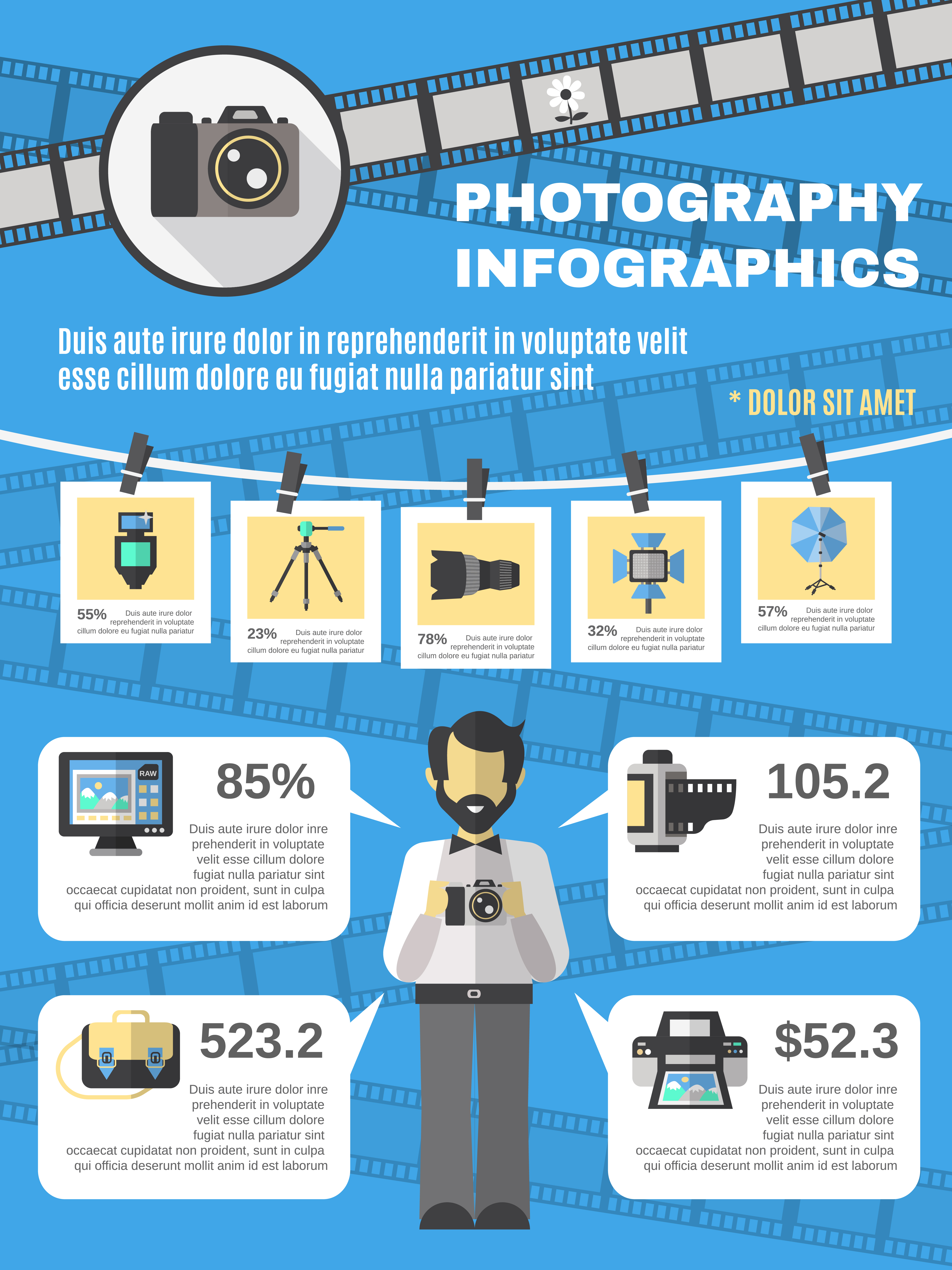Professional Photographers Usually Ignore Crucial Principles That Can Hinder Their Growth; Uncover Vital Tips To Elevate Your Skills And Avoid Common Challenges
Professional Photographers Usually Ignore Crucial Principles That Can Hinder Their Growth; Uncover Vital Tips To Elevate Your Skills And Avoid Common Challenges
Blog Article
Web Content Create By-Acosta Lehmann
As a brand-new photographer, it's very easy to get caught up in the attraction of premium equipment and neglect the fundamentals that genuinely elevate your craft. You could find yourself frustrated when your images do not show the vision you desired. Common missteps, like ignoring lights fundamentals or neglecting make-up principles, can hold you back greater than you realize. Yet comprehending these risks can change your technique. Let's explore these blunders and how you can sidestep them to improve your digital photography journey.
Ignoring Lighting Principles
Ignoring lights fundamentals is among the largest bad moves brand-new professional photographers make. You could believe that recording a wonderful photo is everything about your video camera settings or the most recent equipment, yet the reality is, illumination is crucial. Proper lights can raise your pictures from mundane to magnificent, and recognizing it can save you from countless missed possibilities.
Initially, focus on all-natural light. The gold hours-- shortly after dawn and prior to sunset-- provide soft, complementary light that boosts your subject. Stay clear of extreme lunchtime sun, which can cast uncomplimentary darkness. If you're shooting indoors, position your subject near windows to benefit from diffused light.
Next, learn to manipulate fabricated lights. Experiment with various sources, like lights or exterior flash. Usage reflectors to jump light back onto your topic for a softer result. Don't forget that darkness can add depth; embrace them instead of hesitating.
Finally, https://postheaven.net/daine764magen/exactly-how-to-discover-your-distinct-design-as-a-photographer readjusting your cam setups according to the illumination problems. Understand just how shutter rate, aperture, and ISO work together to achieve the wanted direct exposure.
Overemphasizing Tools
Lots of new digital photographers come under the trap of assuming that having the most up to date and biggest gear will instantly enhance their digital photography. While it's alluring to think that a higher-end cam or an expensive lens will certainly raise your work, the reality is that it's not just about the tools you use.
Your skills, creativity, and understanding of digital photography play a much bigger function in producing sensational images. Purchasing first-class equipment can be advantageous, yet it should not be your primary focus. Rather, concentrate on grasping the essentials-- light, composition, and narration.
You can take breathtaking pictures with a simple electronic camera if you know just how to utilize it properly. Commonly, http://eldridge220kerry.booklikes.com/post/6564280/exploring-the-globe-through-the-lens-traveling-digital-photography-basics 's the digital photographer's vision, not the equipment, that makes the distinction.
In addition, overemphasizing tools can result in aggravation and burnout. You could find yourself continuously chasing after the next piece of gear instead of honing your craft.
Neglecting Composition Concepts
When you get your camera, it's simple to concentrate solely on the topic, however overlooking composition principles can result in lackluster images. Composition is the backbone of digital photography; it overviews the customer's eye and develops a visual story. If you ignore it, your spectacular subject may obtain shed in a cluttered structure.
Begin by applying the guideline of thirds. Imagine your structure split right into nine equal parts by 2 straight and 2 vertical lines. Setting key elements along these lines or at their junctions for a well balanced and interesting shot.
Furthermore, think about leading lines. Usage natural lines in your scene to attract the viewer's eye toward the subject.
Do not ignore framework. Usage bordering elements to develop a "framework within a frame." This technique can add deepness and focus to your topic.
Last but not least, pay attention to negative room. Occasionally, less is much more. Allowing void can boost your centerpiece and develop an extra effective picture.
Conclusion
To conclude, by avoiding these common challenges, you can raise your photography skills considerably. Concentrate on understanding lights, composition, and exposure rather than obtaining lost in expensive gear. Do not undervalue the power of post-processing, either-- it can really change your images. Remember to choose the correct time of day for shooting, as illumination plays an important duty in your outcomes. Embrace these pointers, and watch your photography grow!
